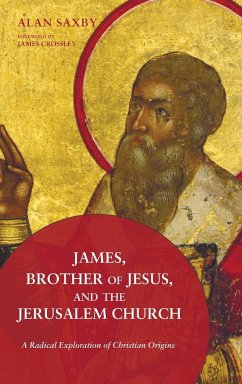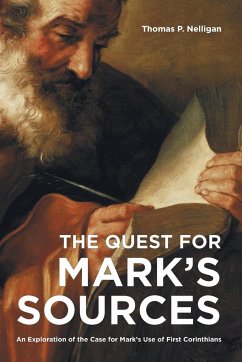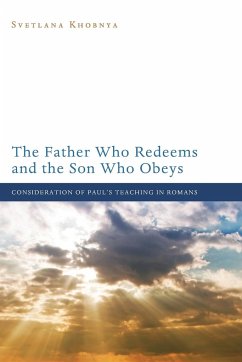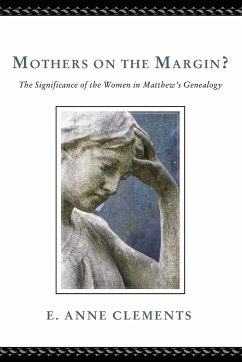That Jesus started his career as a disciple of John the Baptist is an idea that has gained almost universal recognition in the scholarly world. His coming from Galilee to be baptized by John in the river Jordan is the most compelling proof of Jesus' subordination to John. But quickly after John was executed Jesus started his own career, not as a disciple anymore, but as a teacher in his own right. In this book Osvaldo Vena makes the claim that throughout his ministry Jesus remained a disciple, not of John, but of a higher power, God, and God's kingdom. Thus, Jesus called men and women to join him as co-disciples as he went about proclaiming the nearness of the kingdom through word and action. In this work Vena contends that in the Gospel of Mark, Jesus is presented as a prototype of true and faithful discipleship, a model to be followed and imitated by ancient as well as contemporary believers. This presentation amounts to an emerging Christology espoused by the early Markan community on the verge of destruction from outside forces, specifically the Jewish-Roman war, as well as internal divisions resulting from struggles for power in the community.








